Water pumps for agricultural irrigation play a vital role in ensuring the success of farming operations by providing a reliable water source to crops. Understanding the importance of selecting the right water pump based on the specific irrigation needs of a farm is crucial for maximizing crop yields and minimizing water wastage. In this comprehensive guide, we will take you through everything you need to know to make an informed decision when purchasing a water pump for agricultural irrigation. Agricultural irrigation is the process of artificially providing water to plants to help them grow in areas where sufficient rainfall is not available. Water pumps are essential components of irrigation systems as they are responsible for drawing water from its source and distributing it to the fields. The efficiency and reliability of a water pump directly impact the success of irrigation practices on a farm.
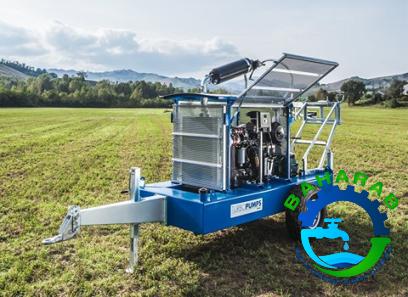
.
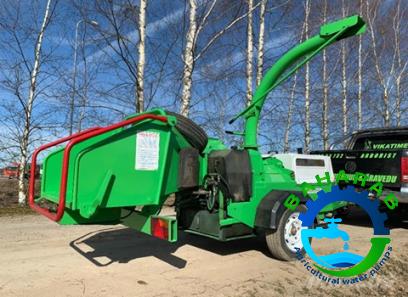 When buying a water pump for agricultural irrigation, it is important to consider the capacity and pressure requirements of the irrigation system. The capacity of a water pump is measured in gallons per minute (GPM) or liters per second (LPS) and determines the amount of water the pump can deliver. The pressure rating of a pump, measured in pounds per square inch (PSI) or bar, indicates the force with which the pump can push water through the system. It is recommended to consult with a professional irrigation specialist when selecting a water pump to ensure that the pump meets the specific requirements of the irrigation system. An irrigation specialist can help determine the optimal pump size, capacity, and pressure needed to achieve efficient water distribution on the farm.
When buying a water pump for agricultural irrigation, it is important to consider the capacity and pressure requirements of the irrigation system. The capacity of a water pump is measured in gallons per minute (GPM) or liters per second (LPS) and determines the amount of water the pump can deliver. The pressure rating of a pump, measured in pounds per square inch (PSI) or bar, indicates the force with which the pump can push water through the system. It is recommended to consult with a professional irrigation specialist when selecting a water pump to ensure that the pump meets the specific requirements of the irrigation system. An irrigation specialist can help determine the optimal pump size, capacity, and pressure needed to achieve efficient water distribution on the farm.
..
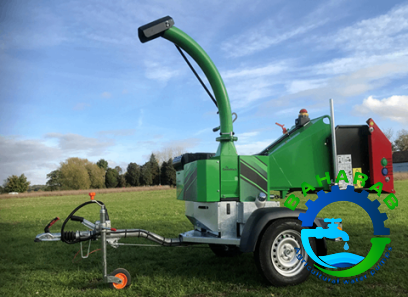 In addition to monitoring the pump performance, farmers should also keep track of water usage and irrigation scheduling to optimize water efficiency. Implementing water-saving practices such as drip irrigation or using sensors to monitor soil moisture levels can help in conserving water and reducing water wastage. By using water resources in a sustainable manner, farmers can achieve higher crop yields while minimizing environmental impact. When purchasing a water pump for agricultural irrigation, it is important to consider not only the immediate irrigation needs but also the future requirements of the farm. As farming practices evolve and crop rotations change, the irrigation system may need to be upgraded or expanded to meet the growing demands. Choosing a water pump that is flexible and scalable can help in accommodating future changes and ensuring long-term sustainability.
In addition to monitoring the pump performance, farmers should also keep track of water usage and irrigation scheduling to optimize water efficiency. Implementing water-saving practices such as drip irrigation or using sensors to monitor soil moisture levels can help in conserving water and reducing water wastage. By using water resources in a sustainable manner, farmers can achieve higher crop yields while minimizing environmental impact. When purchasing a water pump for agricultural irrigation, it is important to consider not only the immediate irrigation needs but also the future requirements of the farm. As farming practices evolve and crop rotations change, the irrigation system may need to be upgraded or expanded to meet the growing demands. Choosing a water pump that is flexible and scalable can help in accommodating future changes and ensuring long-term sustainability.
…
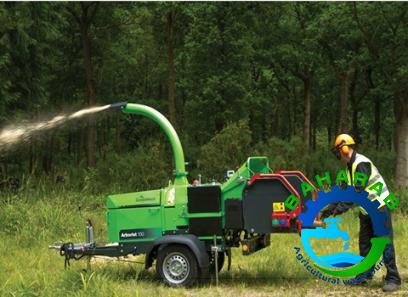 In conclusion, the process of buying a water pump for agricultural irrigation requires careful consideration of various factors to ensure that the chosen pump meets the specific needs of the farm. By understanding the water requirements, water source, farm size, power source, maintenance needs, and long-term costs, farmers can make an informed decision that maximizes the efficiency of the irrigation system and enhances crop yields. Consulting with irrigation specialists and following best practices in installation, maintenance, and monitoring can further support the successful integration of a water pump into the agricultural irrigation system. Ultimately, investing in a high-quality water pump that is well-suited to the farm’s irrigation needs is a fundamental step towards achieving sustainable agriculture and long-term success in farming operations.
In conclusion, the process of buying a water pump for agricultural irrigation requires careful consideration of various factors to ensure that the chosen pump meets the specific needs of the farm. By understanding the water requirements, water source, farm size, power source, maintenance needs, and long-term costs, farmers can make an informed decision that maximizes the efficiency of the irrigation system and enhances crop yields. Consulting with irrigation specialists and following best practices in installation, maintenance, and monitoring can further support the successful integration of a water pump into the agricultural irrigation system. Ultimately, investing in a high-quality water pump that is well-suited to the farm’s irrigation needs is a fundamental step towards achieving sustainable agriculture and long-term success in farming operations.
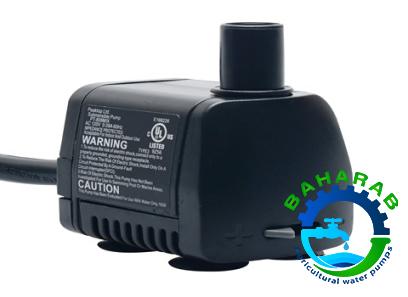
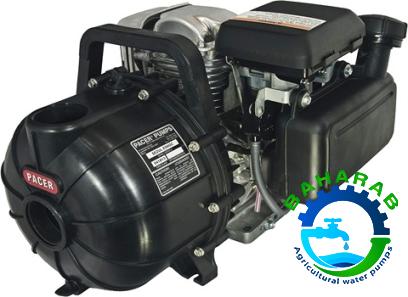
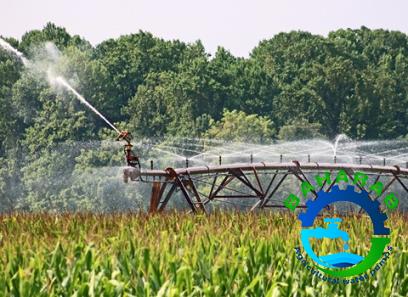
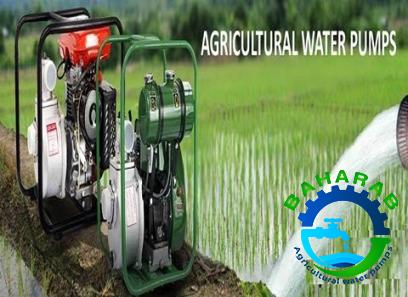
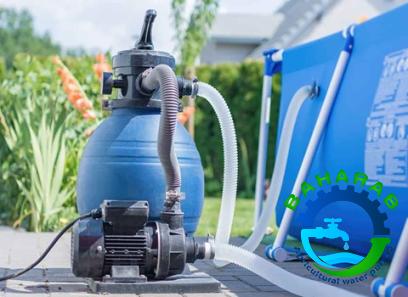
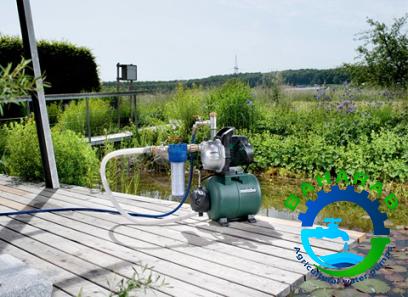
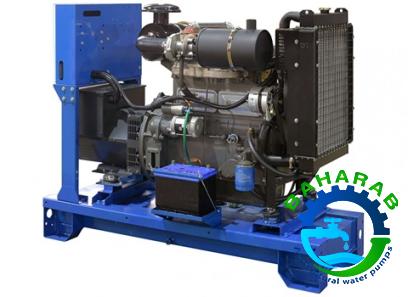
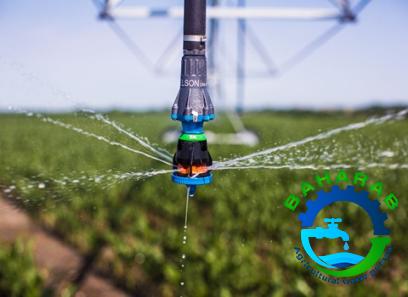
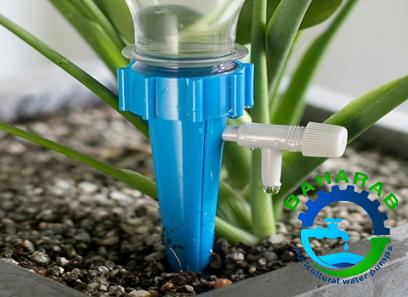
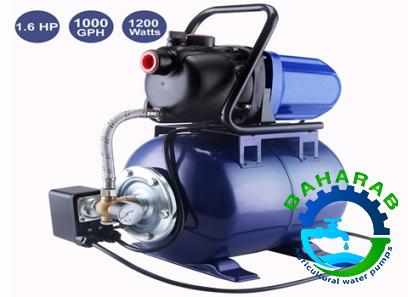
Your comment submitted.